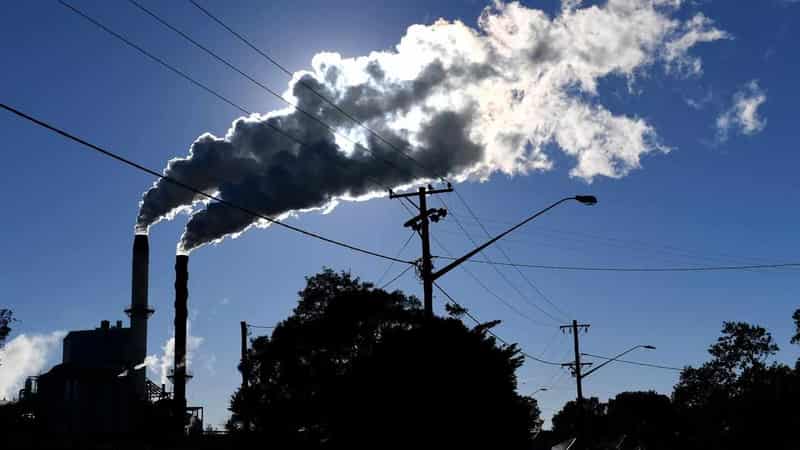
The federal government has permanently cancelled Commonwealth-held Kyoto protocol "carryover" credits, which allowed Australia to meet global emissions reduction targets.
The controversial accounting method was used to satisfy the nation's targets under the Paris Agreement, which came into force in 2016.
The former coalition government had been criticised for the carryover plan, which involved using "surplus" units from previous years and putting them towards future years of the two-phase agreement.
It allowed Australia to get credits for greenhouse gases it could have emitted but didn't, on the back of falling levels of land clearing since the 1990s.
The Labor government said the permanent cancellation of the carryover credits means no future government can use the "loophole" to meet climate targets.
“After a decade of chaos, denial and delay, the LNP still can’t decide if they believe in climate change or if they’re committed to net zero - so we’re closing the loophole for dodgy accounting tricks they’ve tried to use in the past," Climate Minister Chris Bowen said on Friday.
"We’re now back at the decision-making table for the global economy, attracting critical investments in cleaner, cheaper energy, and protecting industry for the future.”
Without the cancellation, more than 700 million credits representing more than a year’s worth of national emissions, could have been used in years to come, the government said.
Under Labor, Australia has a target of 43 per cent emissions reduction by 2030 and net zero by 2050.
In June 2022, the government submitted Australia’s updated Nationally Determined Contributions to the United Nations Framework Convention on Climate Change, including Australia’s new target to reduce emissions.
Australia’s compliance with its Kyoto Protocol CP2 target will be officially confirmed through international review processes under the Kyoto Protocol scheduled for early 2024, the government said.









